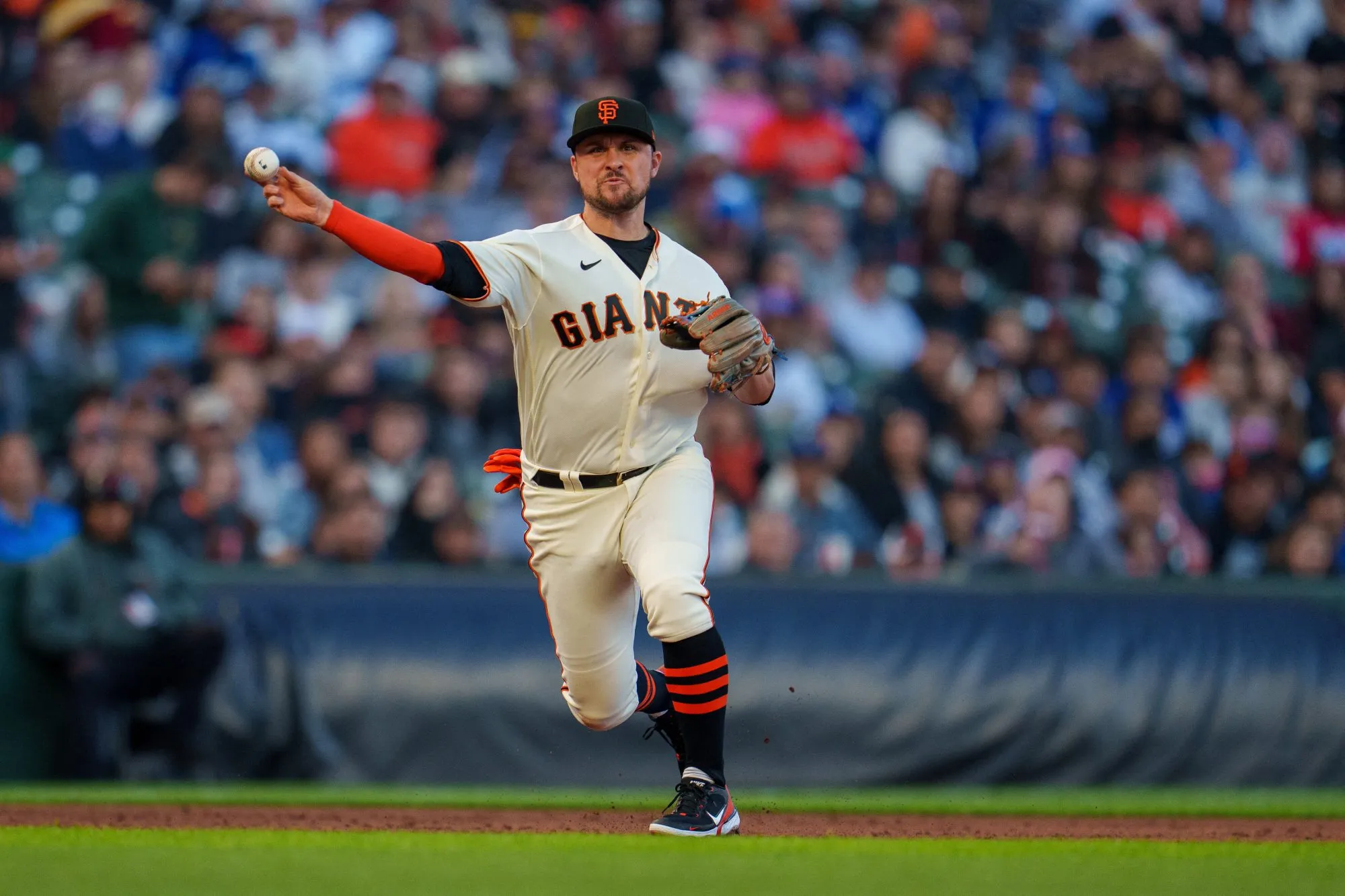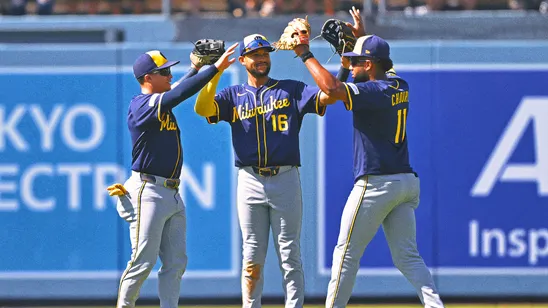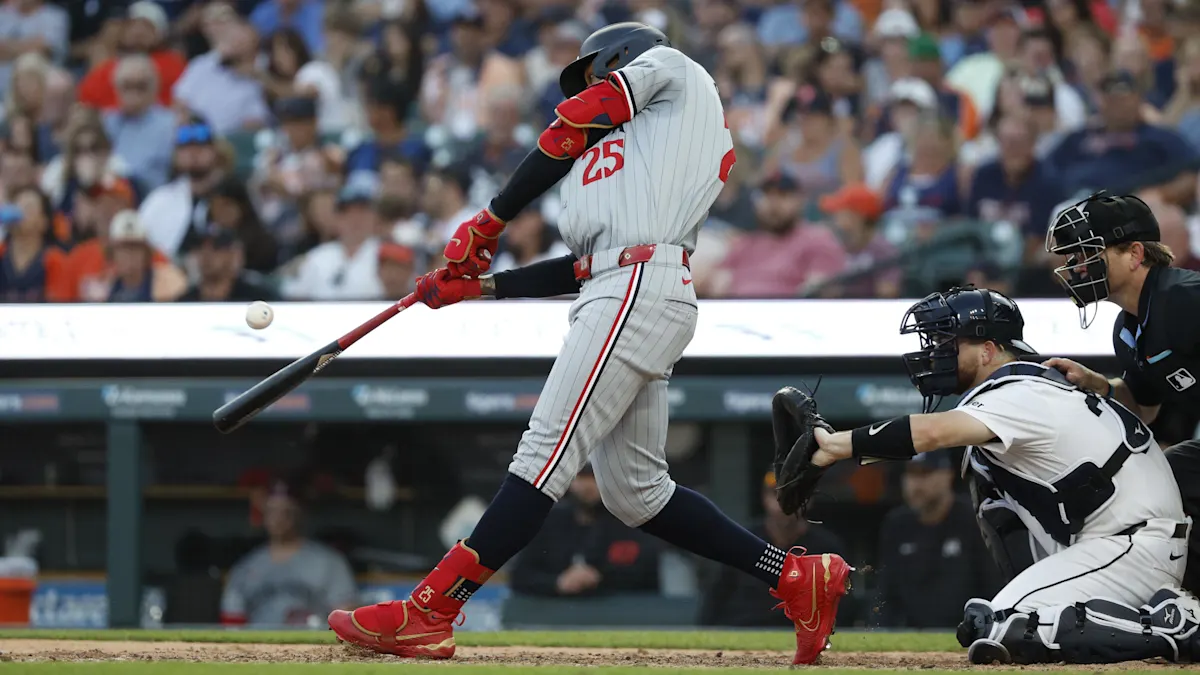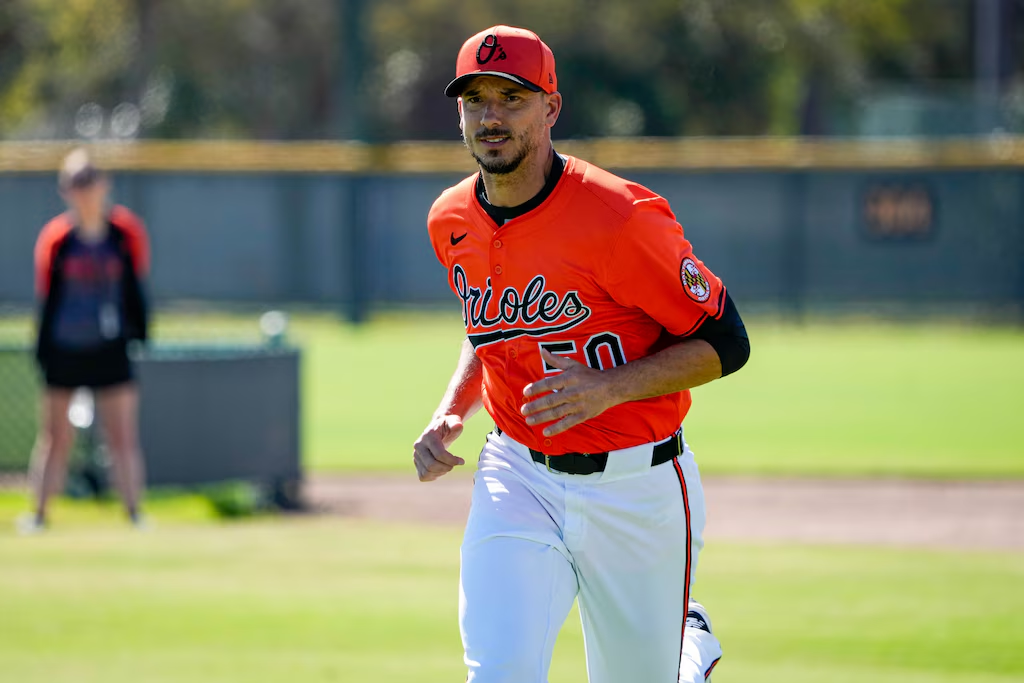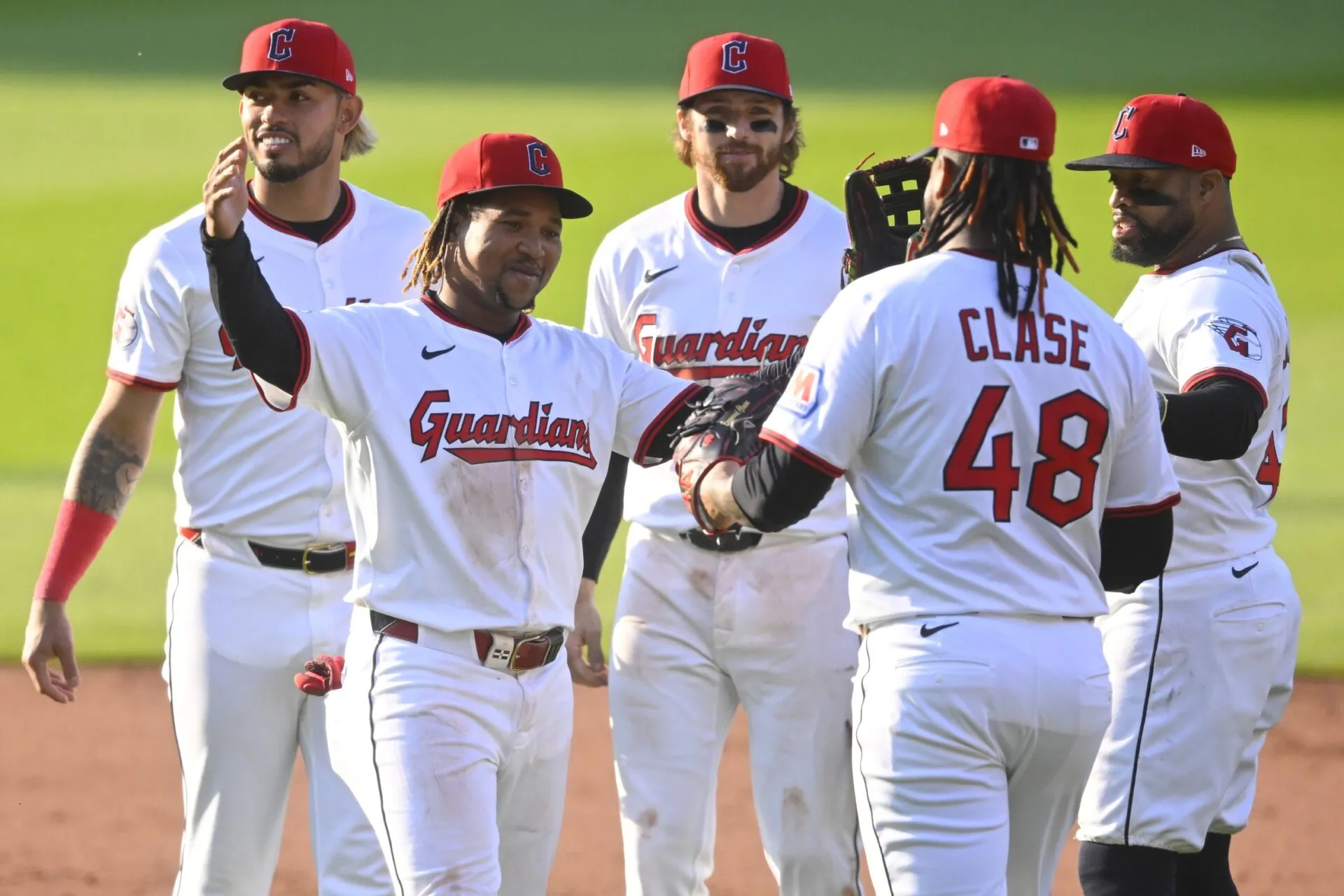J.D. Davis, formerly of the New York Mets, who occasionally played in left field but should have been exclusively a designated hitter, recognized the situation when the San Francisco Giants signed Matt Chapman. Following a subpar season, the Giants opted to place Davis on waivers to clear both his salary and roster spot, indicating his imminent departure from San Francisco.
Davis gained popularity among Mets fans after unexpectedly emerging in 2019 as a power hitter with a strong batting average and impressive on-base percentage. The phrase “877-RUNS-NOW” became synonymous with his success.
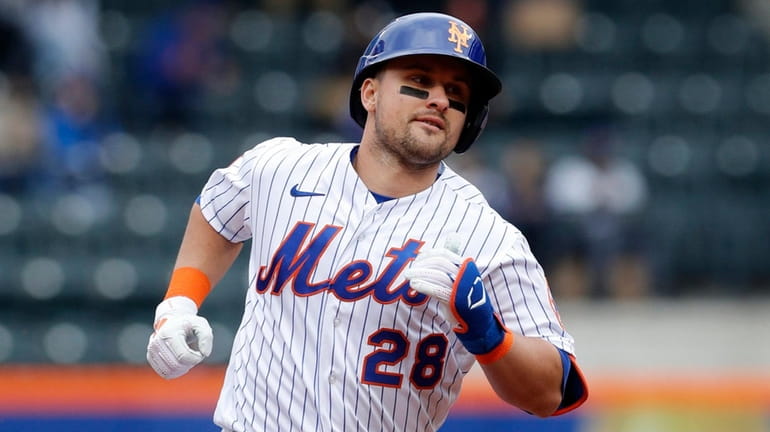
Despite his occasional brilliance, Davis struggled with consistency, missing his chance for regular playing time in 2022 when he failed to secure the permanent DH role. In a widely criticized move, the Mets traded him to the Giants alongside three prospects in a trade involving Darin Ruf. Now potentially available to the Mets for only his salary, the question arises whether he could fit back into the New York lineup.
Should the Mets entertain the idea of bringing back J.D. Davis? Undoubtedly, Davis brings more proven ability than at least three other players on the roster whom he could replace, significantly improving the DH situation. Even if he replicated last year’s performance, hitting .248/.325/.413 with 18 home runs, the Mets would benefit greatly.
However, Davis has significant flaws as a player. He lacks defensive prowess and recorded a career-high 152 strikeouts in 546 at-bats last season. Additionally, his previous criticisms of the Mets organization’s instability could create tension, especially with some remnants of the 2022 front office still present.
Setting aside personal issues, the primary concern is how Davis fits into the Mets’ overall plan. While he undoubtedly enhances their chances of making the playoffs, his arrival could disrupt the development of young talents like Brett Baty and Mark Vientos. Davis’s offensive capabilities closely mirror the Mets’ expectations for Vientos, who may also vie for a DH role.
Davis, recognizing his limitations as a defender, would require consistent at-bats in a DH role. With his last minor league option potentially expiring, sending him down in 2024 could complicate matters for the Mets, forcing them to make tough decisions regarding his future.
Considering Davis’s $6.9 million salary, the Mets could have allocated those funds more effectively. While Davis undoubtedly strengthens the team offensively, his acquisition would necessitate displacing another player, undermining the club’s offseason strategies. This raises doubts about whether the Mets would even contemplate a reunion with Davis, especially given their reluctance to pursue upgrades over players like DJ Stewart. Ultimately, Davis’s impact on the team hinges on whether he supplants another player in the lineup.






